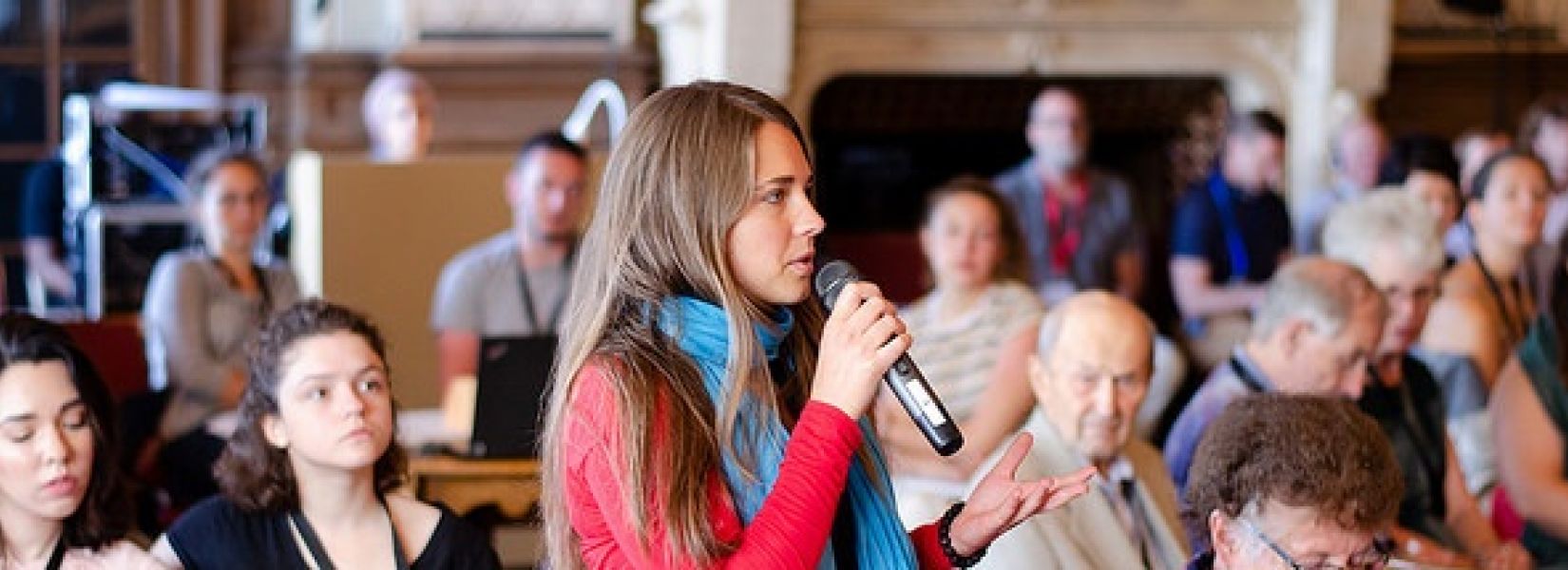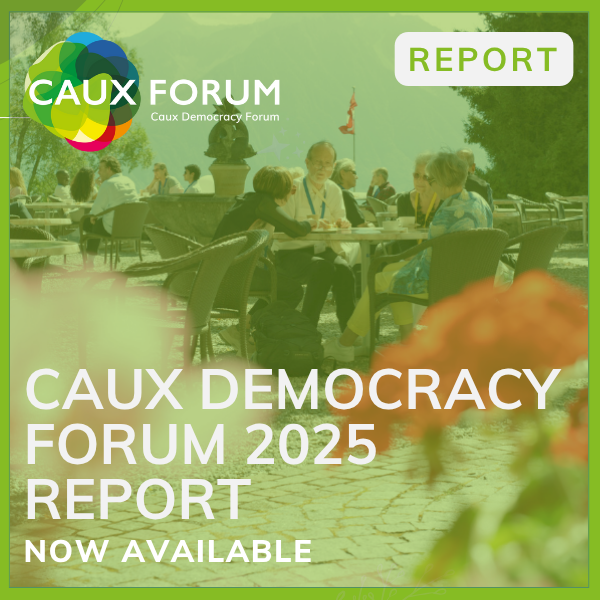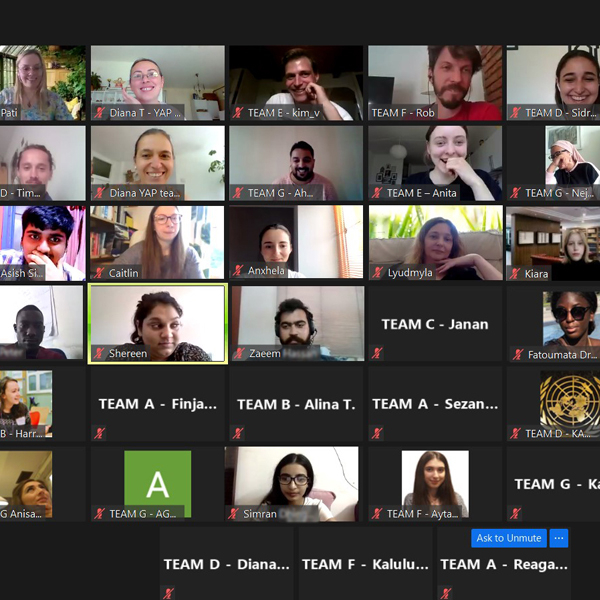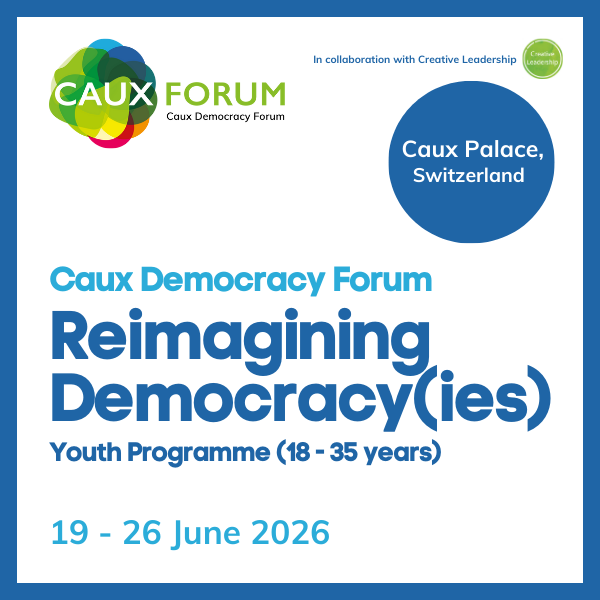Being the Europe we would like to see
Addressing Europe's Unfinished Business 2017
25/08/2017
In Europe even where populists are not winning elections, their narratives of blaming immigrants and minorities dominate political debates. Many citizens are losing faith in integration as the best means of ensuring peace, security and prosperity. There is a tendency to isolate ourselves, retreating into groups based on ethnicity, religious beliefs, or class. Such polarization deeply affects the way Europeans work together for the common good.
From 17-21 July, Addressing Europe’s Unfinished Business (AEUB) gathered some 150 participants from all parts of Europe and beyond, from different ethnic and religious backgrounds and generations, to explore effective ways of tackling these issues.
For the third consecutive year, the Young Ambassadors Programme (YAP), for young people aged 18-25, was an integral part of the event. Fifty-one Young Ambassadors, supported by another eight YAP alumni, went through an intensive process of self-discovery and training during the two days before the conference started. They then participated in the conference, representing the voice of the younger generation in Europe.
The main objectives of AEUB this year were to give hope and inspiration by showing concrete examples of initiatives that build trust, by exploring different methodologies for dialogue in divided societies, by enabling participants to listen to each other, and by putting people in touch with like-minded initiatives and potential new partnerships.
Jo Berry and Patrick Magee spoke powerfully together on the first morning. In 1984 Magee planted an IRA bomb in a hotel in Brighton, UK, which killed Berry’s father, Conservative MP Sir Anthony Berry. ‘I didn’t need him to apologize,’ said Berry. ‘I needed to see him as a human being.’ She advocated empathy as the strongest weapon for moving from ‘my story’ to a new, shared story, and for ending conflict. While Magee still carries the burden of knowing he caused Jo profound hurt, they both continue to explore their common humanity, recognizing that war robs combatants of an essential capacity to empathize and to see the world through the eyes of others. They have shared a platform on over 150 occasions.
Throughout the event, Lana Biba and Txema Perez from the London Physical Theatre School kept appearing to give brief, silent, unconventional performances on the theme of Mindfulness through Playfulness. They were one of eight teams who offered training tasters on programmes being offered by IofC teams and partner organizations in different parts of Europe to combat polarization and build trust.
Each day started with quiet reflection in small community groups, which also met later in the day to share their personal stories and experiences. One participant commented, ‘I loved the storytelling activities in small groups because it created that bond of trust and respect. I realized once again that we all have struggled in our lives and that being compassionate is the key to better interaction with those around me.’
The evening programmes gave participants an opportunity to find out about each other’s programmes and initiatives, and to celebrate Europe’s cultural diversity. One evening offered the European premier of The Man Who built Peace, a new film about Frank Buchman, the founder of Initiatives of Change.
‘The conference made me realize that no matter how different we are, there is always something we have in common, our humanity,’ said one participant. ‘It does not matter how major our differences are, but that there is always a line of commonality that we can use as a base for dialogue, building trust and making peace, to create the type of Europe we want to see.’ Another commented, ‘It is rare to find a place for peace of mind and soul, where people do not judge you but try to accept and love unconditionally. Caux has been that place for me.’































